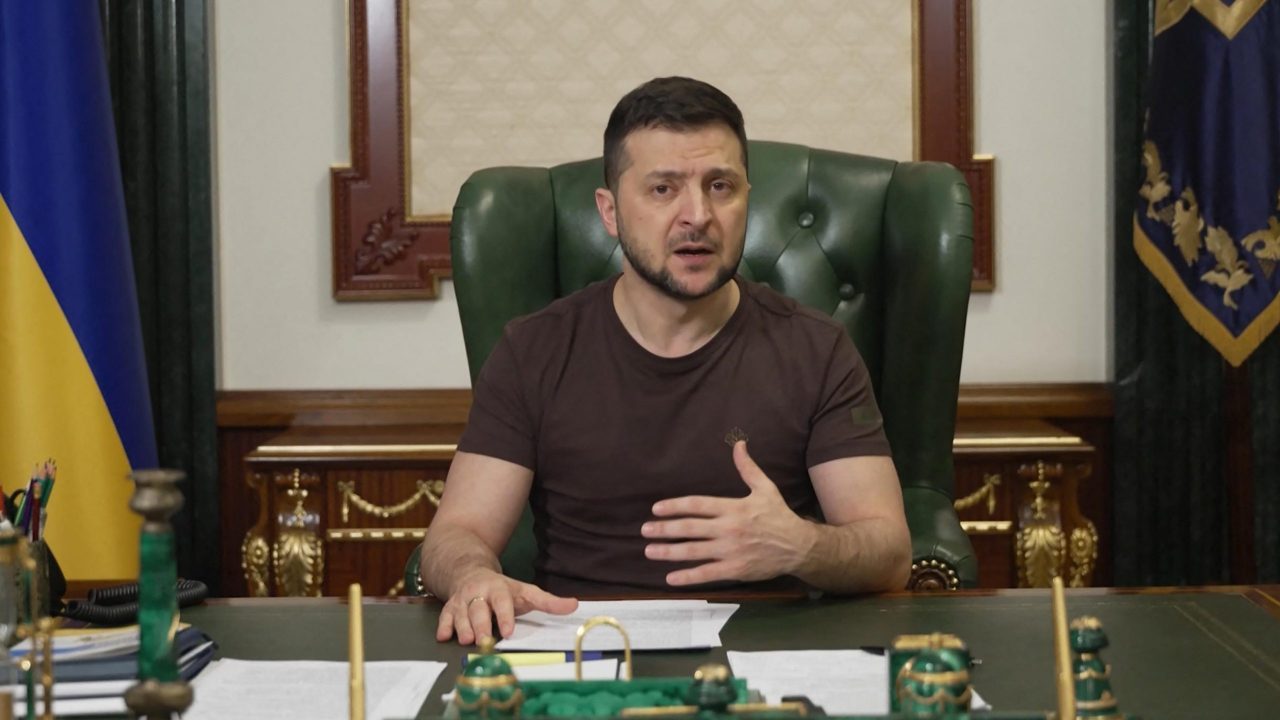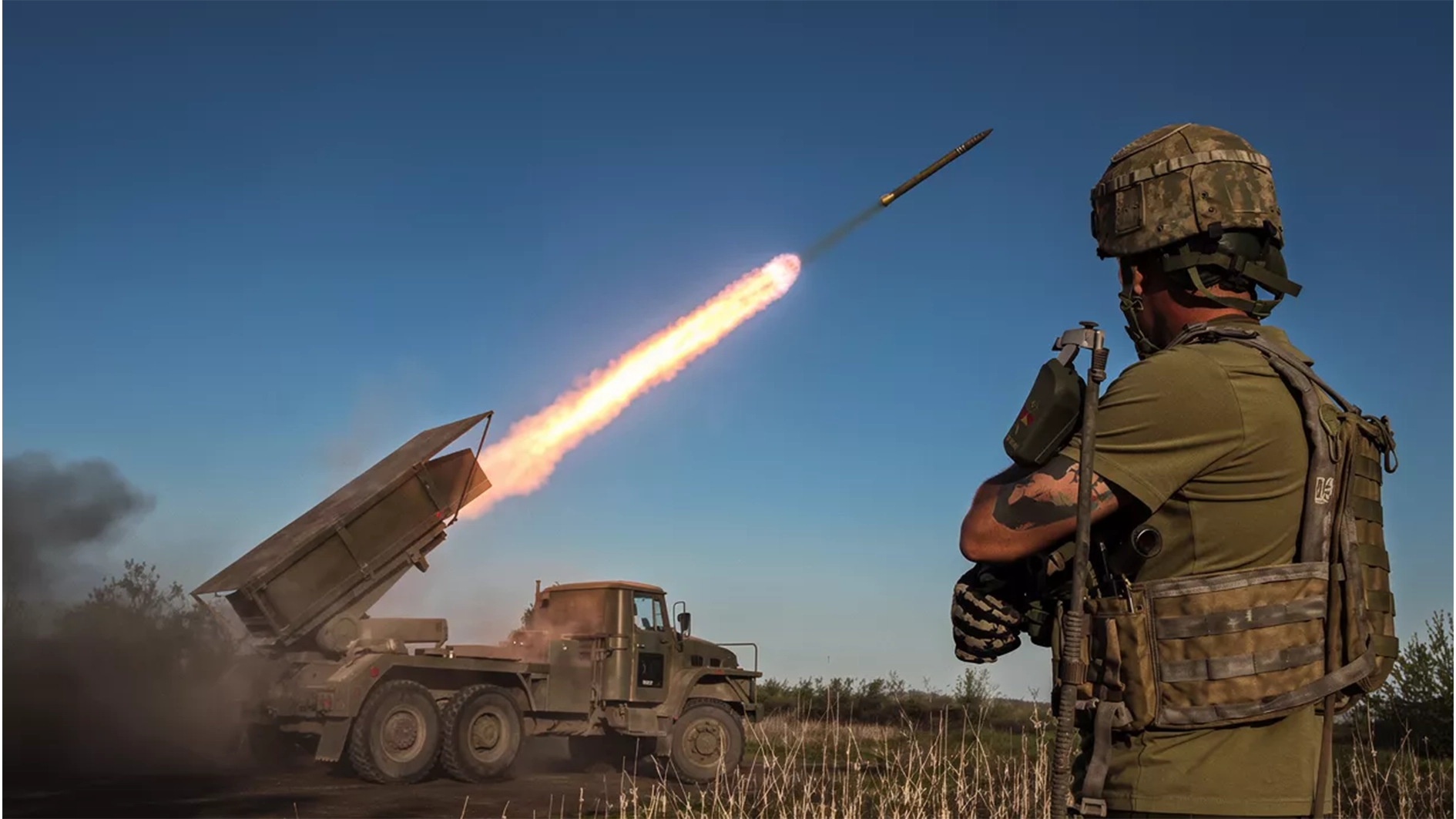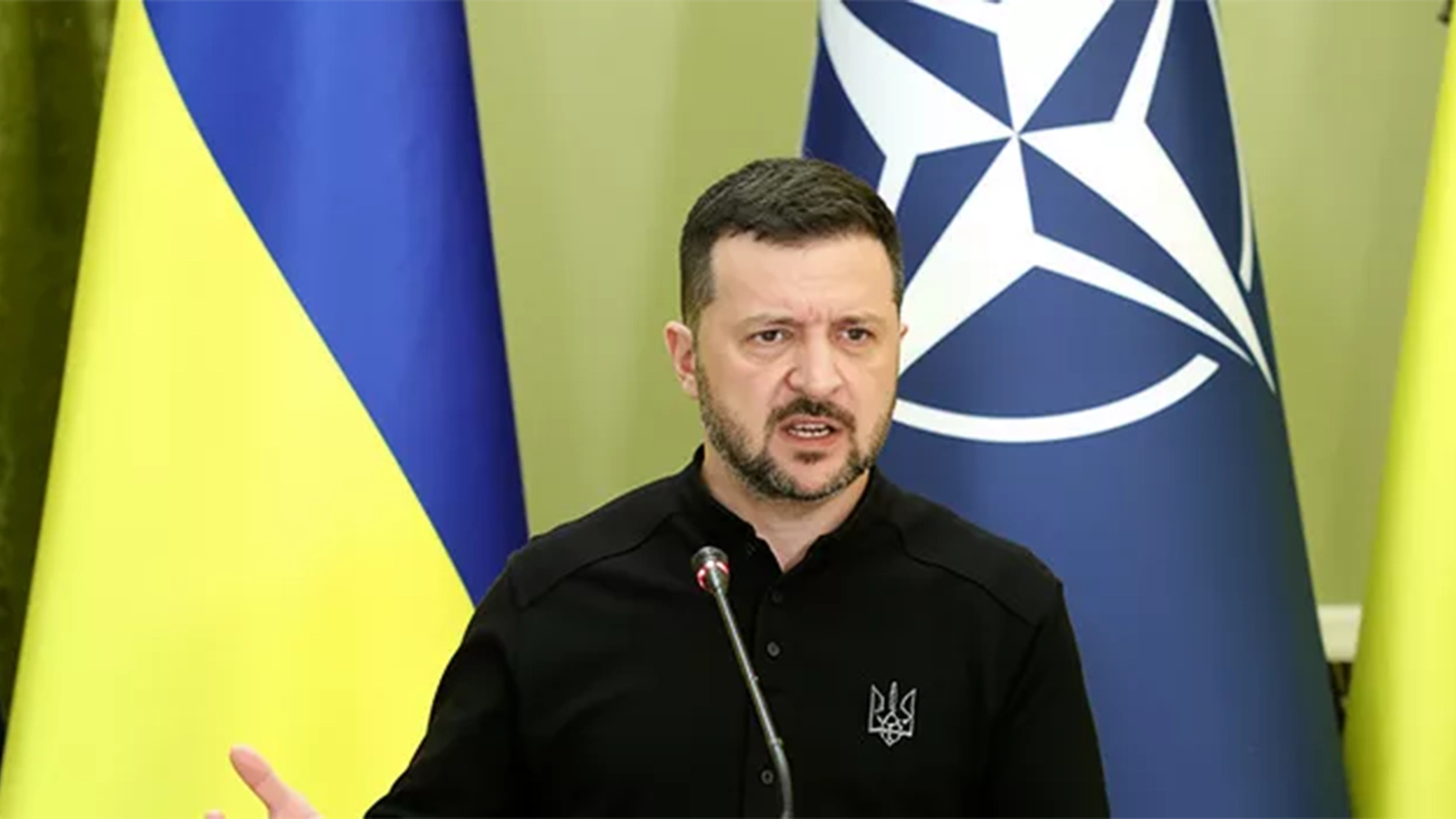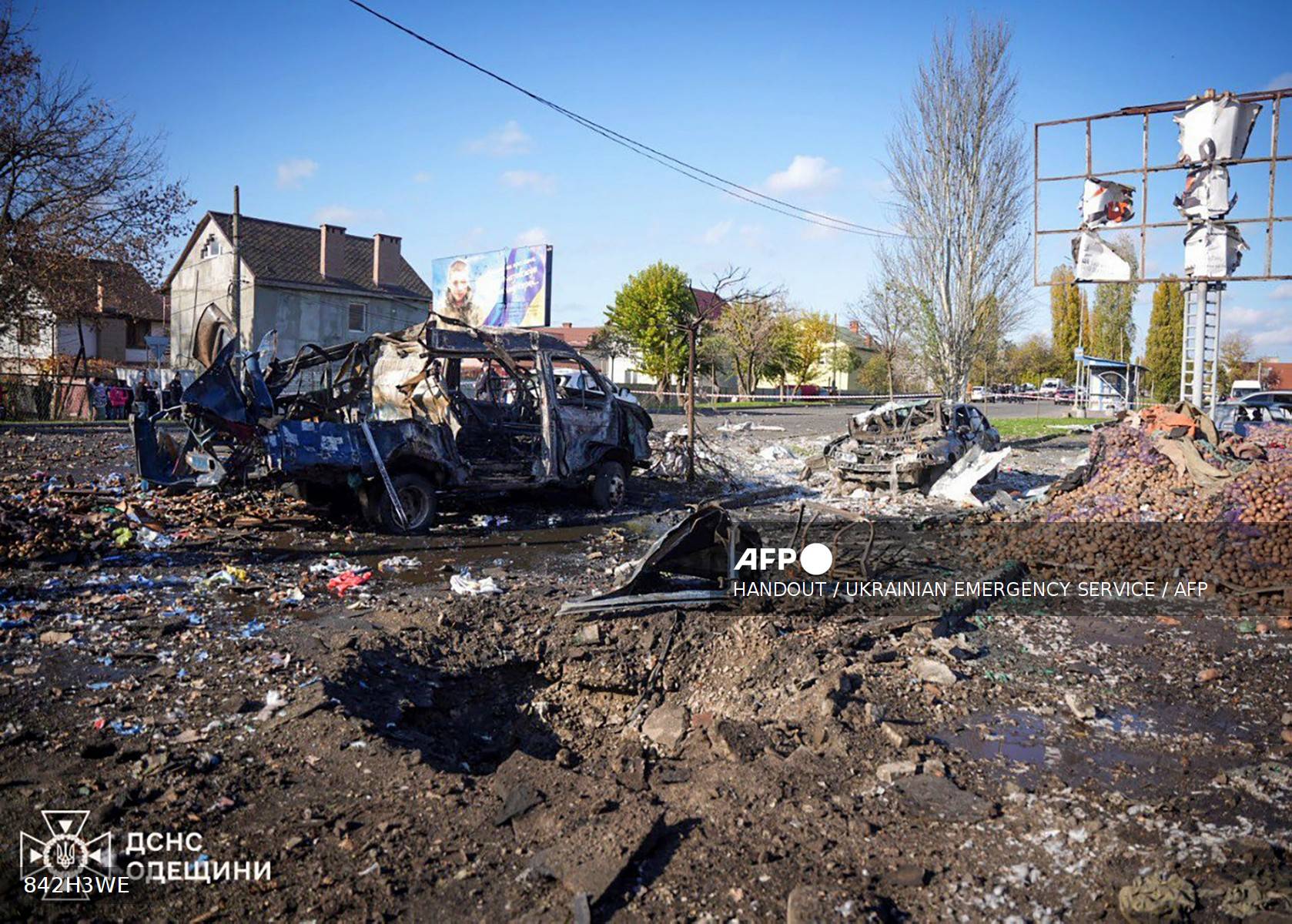
The war between Russia and Ukraine is now more than a month. One would have expected the conflict to end just immediately it started, but its extension has shown how far both parties are willing to go and to whose detriment.
For Ukrainian government, it has chosen a deal with NATO above the lives, comfort, security and home of its people, while Russia has vowed that Ukraine will stay neutral as opposed to signing that deal with NATO.
Due to this military operation, as Putin insists, Ukraine has lost thousands of lives, thousands have been injured, others displaced and structures worth billions of dollars destroyed. One would begin to imagine how sweet the NATO deal is for Ukraine and how toxic western relationship with Ukraine is to Russia?
Ukrainian President, Volodymyr Zelenskyy has been using emotional tools through speaking engagements with U.S. Congress, UN and other influential powers, but these talks are yet to resolve the issues with Russia. This points to the fact that NATO and other world powers really have no power to save Ukraine.
Currently, the vast majority of the country’s population supports Ukraine’s accession to NATO. According to a poll conducted by the Rating Group on March 1, 2022, 76 per cent of Ukrainians support this decision. This is the highest figure it has gathered in a poll since Ukraine achieved independence in 1991.
NATO is a defensive alliance that protects its members from foreign aggression. Article No. 5 of the Washington Treaty, which establishes the idea of collective defence, is critical in this situation: an attack on one member state is considered an attack on all. Therefore, the threat of using force against a NATO member state is significantly reduced; no one wants to deal with the combined forces of 30 countries all at once.
On the flipside, losing the historic chance to join NATO would seem like a crime against millions of Ukrainians who are now actively fighting for their independence from the Russian “elder brother.”
For Ukraine, accession to NATO would not only guarantee the country’s security, but would also be an effective strategy for maintaining independence.
Many close observers of the country have said that Putin’s overarching aim is to restore Russia’s sphere of influence over former Soviet territories like Ukraine, and to stop their slide towards the West.
While Russia wants legal guarantees that Ukraine will never be allowed to join NATO, the Western military alliance has since said that it wants Ukraine to sign a neutrality agreement and to change its constitution to cement this.
Moscow has demanded that Ukraine recognise the independence of two separatist, pro-Russian republics in eastern Ukraine, the so-called Peoples Republics of Donetsk and Lugansk. It has also demanded that Ukraine recognises Crimea, which it annexed in 2014, as Russian territory. And it has called on Ukraine to cease all military activity.
President Zelenskyy summed up Ukraine’s aim when he said on Monday that his country wants a “fair peace” with Russia. He has insisted that the country is not willing to surrender, or accept ultimatums from Russia.
Ukraine has demanded a ceasefire with Russia, the withdrawal of Russian troops and has said it will not cede any of its territory to Russia. However, it is unclear whether this means it will refuse to recognise the breakaway pro-Russian republics in the Donbas or Crimea as Russian territory.
Ukraine has also signaled that it may compromise on future NATO membership, saying it would be willing to forego membership if it received “security guarantees” from the U.S. and NATO, ensuring its safety and security, in addition to any agreement with Russia.
Professor, Kola Ogundowole sees the Russian invasion as an intra-family misunderstanding. He said: “Russia and Ukraine are not just neighbours. More than that, they, including Belarus, claim one and same ancestral root – ‘Kievski Rus’. Similar to the Yoruba nation’s claim to “Ile-Ife” as the common ancestral home of all ethnic Yoruba, the “Source.” The Slavic nations generally admit that position of having the ‘Kievski Rus’ as their common source.”
French President, Mr. Emmanuel Macron, at an internal meeting, said that Western hegemony appears to be nearing its end. In his words: “Yes, I must admit that Western hegemony may be coming to an end. We have become accustomed to an international order based on Western hegemony since the 18th Century. We are used to this greatness that gives us absolute dominance over the global economy and politics, but things are changing.”
He noted that when the emerging nations find their own national culture and begin to believe in it, they would gradually get rid of the “philosophical culture that Western hegemony has instilled in them in the past, which is the beginning of the end of Western hegemony. The end of Western hegemony does not lie in economic decline not in military decline, but in cultural decline. When your values can no longer be exported to emerging countries, that is the beginning of your decline,” he explained.
Professor of Political Science and former Vice Chancellor of Adekunle Ajasin University, Akungba, Akoko, Ondo State, Femi Mimiko, believes that the likelihood of a new global order is remote and that the current Western hegemonic world will still subsist.
According to him, there is no reason a powerful, nuclear and veto welding country, such as Russia would go unadhered to. Any President of Russia would have, under normal circumstances, acted along the same line as Vladimir Putin, considering how the West is treating Russia.
Mimiko said even though American power may be perceived to be on the decline, if a new power, such as China, comes out to challenge U.S., China would most likely pursue a policy of strengthening her ties with the United States in protection of her interests rather than adopting policies of hostility, since the U.S. remains economically vibrant and militarily strong.
For ex-Director General, Nigeria Institute of International Affairs (NIIA), Professor Bola A. Akinterinwa, the war is a fortiori between the U.S.-led NATO and Russia and secondarily, between Russia and Ukraine. He argued that, contrary to the submissions of some scholars that the 1823 Monroe Doctrine is the immediate rationale for the Russian invasion of Ukraine, the George Bush Doctrine and particularly the gentleman agreement he reached with Gorbachev in September 1990, on non-expansion of the NATO, were the deep rationale for the invasion.
He noted that the Bush Doctrine is predicated on three main pillars: that the United States must never allow any country to challenge it; the United States must remain superior and the primus inter pares, and that the United States must be very cautious of the USSR/Russia.
“The Russo-American gentleman agreement, which the United States is trying to vehemently deny, but which declassified documents have lent credence to, has it that, if Russia would accept that Germany be accepted as a full member of NATO, there would never be an expansion of the NATO beyond Germany. However, this agreement has been thrown into the garbage of history by the United States,” he said.
NATO had 12 original members at its inception in 1949; Belgium, Denmark, France, Iceland, U.S., UK, Luxembourg, The Netherlands, Portugal, Canada, Italy, and Norway, registered seven more countries in the period from 1952 to 1982. They are Greece, Turkey, Germany, Spain, Poland, Hungary, and Czech Republic.
Russia did not fail to register her complaints about this. Despite Russia’s complaints, NATO’s expansion continued. Poland and Hungary joined NATO in 1999, while, in between 2004 and 2009, Bulgaria, Estonia, Latvia, Romania, Lithuania, Croatia, Slovakia, Slovenia, and Albania also acceded to the NATO Treaty.
It was the turn of Montenegro and North Macedonia to join in 2017-2020.
Russian complaints continued but reached its peak when in 2021, Bosnia and Herzegovina, Georgia and Ukraine also aspired to join. Then Russia saw the whole expansion as an anti-Russia agenda and disregard for Russia’s security concerns.
Before then, Russia had given the last friendly warning to the U.S. and many seasoned U.S. foreign policy experts had advised U.S. government against such NATO expansion, but the advice was not heeded. The implication of the warnings was made clear by Russia at the 2007 Munich Conference where Russian stated: “NATO has put its frontline forces on our borders. This expansion reduces the level of mutual trust. And we have the right to ask against whom is this expansion intended? And what happened to the assurances our Western partners made after the dissolution of the Warsaw Pact?”
All former Soviet allies have been gradually incorporated into the NATO framework, which Russia finds very contestable, thus the need for a defensive-preventive aggression to ensure self-survival and self-preservation.
Professor of Comparative Politics and International Relations, Federal University, Oye, Ekiti State, Olufemi Otubanjo, identified Russo-American enmity as another element and dynamic of the invasion. He said the West is trying to uphold a principle it has not always respected. The irony is that national interest is, often, used to violate sovereignty.
He explained that when Putin became president of Russia in 2000, his first act was to apply to join the NATO with the aim of working for a peaceful and more prosperous Europe, but Europe objected to it, considering that Russia was too large and its policies not sufficiently democratic. The excuses given for the rejection of Russia’s request might be tenable, but they were, at best, secondary. The main untold rationale cannot but be to avoid a strong challenger to American policy stand.
“The policy stand of the United States is noteworthy: opposition to a strong Russian influence in Europe, opposition to a Europe that would be free from Russian threats, opposition to a strong Europe that would be independent of the United States and the NATO, and most importantly, opposition to a polycentric world,” he said.
Otubanjo pointed out that the contemporary world is playing host to polycentricism in terms of power configuration. But beyond this fact, the challenge, he said, is ascertaining the character of the impending polycentric world: is the world moving from the unipolar world of the United States to bipolarity in which the principal actors will be the United States and China or the United States and Russia? Will the movement be to tripolarity that will encompass the United States, China, and Russia or to quadripolarity in which the European Union will also be a stakeholder? Will it be pluripolarity in which case countries like India and Japan and more States will also be included?
Dr. Rita Agu of the NIIA condemned Russia’s forceful invasion of Ukraine as against the use of dialogue.
She argued that Russia acted ultra vires, based on UNGA Resolution 2625 on general principles governing friendly relations and Article 2(4) of the UN Charter, which prohibits ‘the use of force against the territorial integrity or political independence of any State.
She said that Russia’s action is illegal, but admitted that ‘despite the failure of the UN Security Council to prevent the conflict in Ukraine, international law has proven generally ineffectual when it comes to checking great powers’ actions.
“Thus, which takes priority: international law (sovereignty) or National interest (national security)? She asked.
Former Chief of Training, Operations and Plans (CTOP) at the Defence Headquarters, Abuja, General Ishola Williams, noted that the Ukrainians have never accepted to be part of the former USSR.
He stated that if Russia had been a good parent to all member constituents of the USSR, there would not have been any basis for them to leave their union.
Williams predicted the possibility of Putin being killed by his soldiers as a reaction to the killings they are subjected to in Ukraine because of the conflict.






